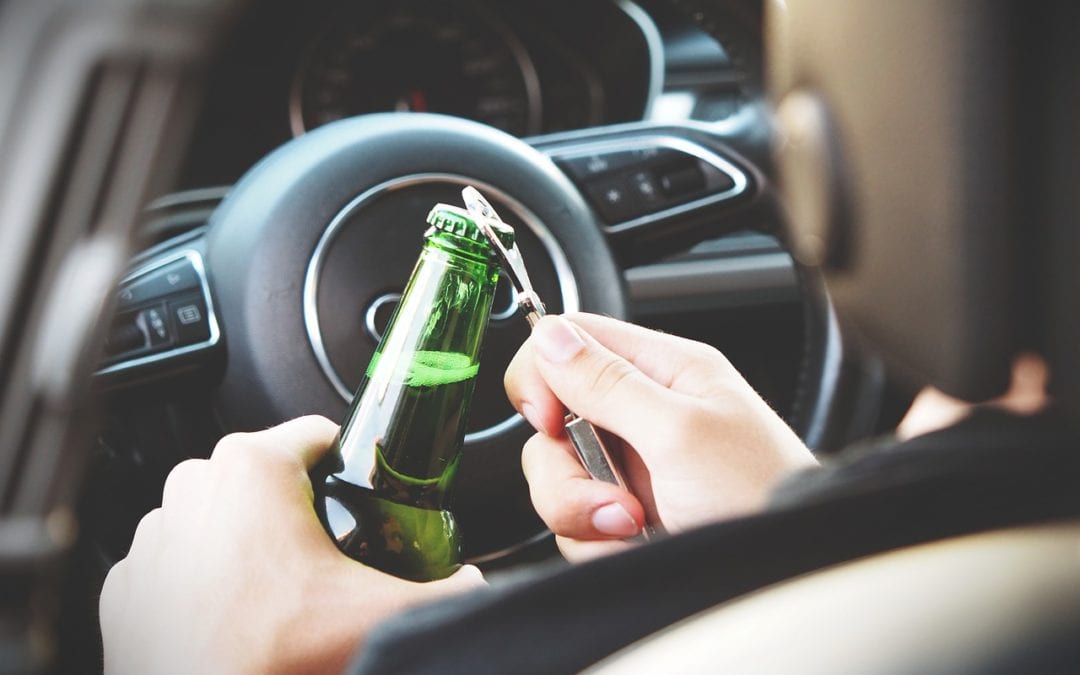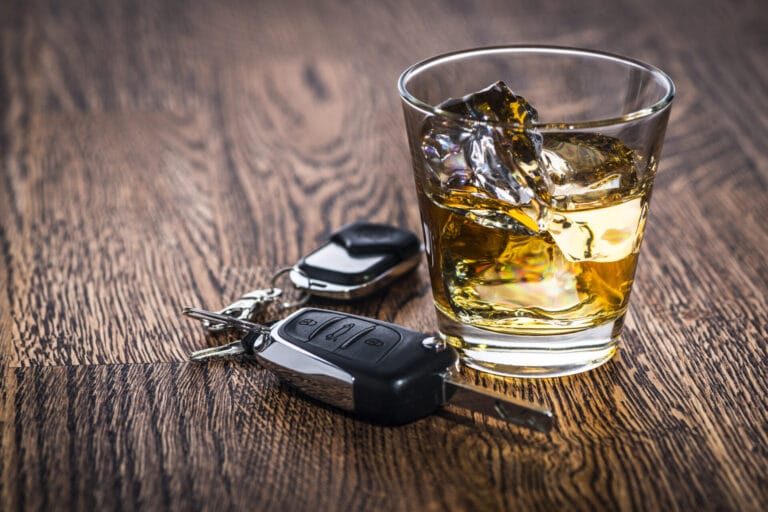Navigating the Roads: Deciphering the Differences Between DUI and DWI in Maryland

You may have heard the terms “Driving Under the Influence” (DUI) and “Driving While Intoxicated” (DWI). These terms are often used interchangeably, but in the state of Maryland, they are two distinct charges – and as such, have distinct legal implications. Let’s break down those differences in more detail: the definition for each, the penalties involved and other important factors.
Defining DUI and DWI
In Maryland, both DUI and DWI refer to impaired driving, but they are actually two different offenses.
DUI (Driving Under the Influence) is considered more serious and is associated with a higher level of impairment. Drivers are charged with DUI if they have a blood alcohol concentration (BAC) of 0.08% or higher. Drivers can also be charged with DUI if they are under the influence of drugs (or a combination of alcohol and drugs).
DWI (Driving While Intoxicated) is a lesser charge; in Maryland, a driver can be charged with DWI if their BAC is between 0.07% and 0.08%. As with DUI, drivers can also be charged with DWI if they are found to be under the influence of drugs (or both drugs and alcohol).
Penalties for DUI and DWI
The penalties for DUI and DWI convictions in Maryland vary, depending on a variety of factors.
- First-time DUI offenders can be fined, have their license suspended or ordered to participate in an alcohol education program. Subsequent offenders face increasingly severe consequences – longer license suspensions, mandatory ignition interlock device installation and even possible jail time.
- While less serious than DUI penalties, punishments for DWI offenses are still significant. Penalties can include fines, license suspension and mandatory participation in an alcohol education program. Repeat DWI offenders are subject to more severe consequences, too.
Underage Drinking
Maryland has a zero-tolerance policy for underage drinking and driving. Drivers under the age of 21 can be charged with DUI if their BAC is 0.02% or higher.
Implied Consent
Both DUI and DWI cases in Maryland are subject to implied consent laws. This means that when you obtain a driver’s license in the state, you’re implicitly agreeing to submit to chemical tests (breath, blood or urine) if you’re arrested for suspicion of impaired driving. If you refuse to take these tests, you can be penalized or have your license suspended.
It goes without saying that you should never drive under the influence. But if you are arrested and charged with DUI or DWI, your first move should be to contact a qualified lawyer. An attorney can walk you through all of your options and help you determine the best course of action.
If you’ve been arrested for a DUI or a DWI in the state of Maryland and you’re in need of legal representation, contact the Law Offices of Nicholas Parr in Baltimore, MD today to schedule your free consultation. We don’t receive a fee unless we win.







